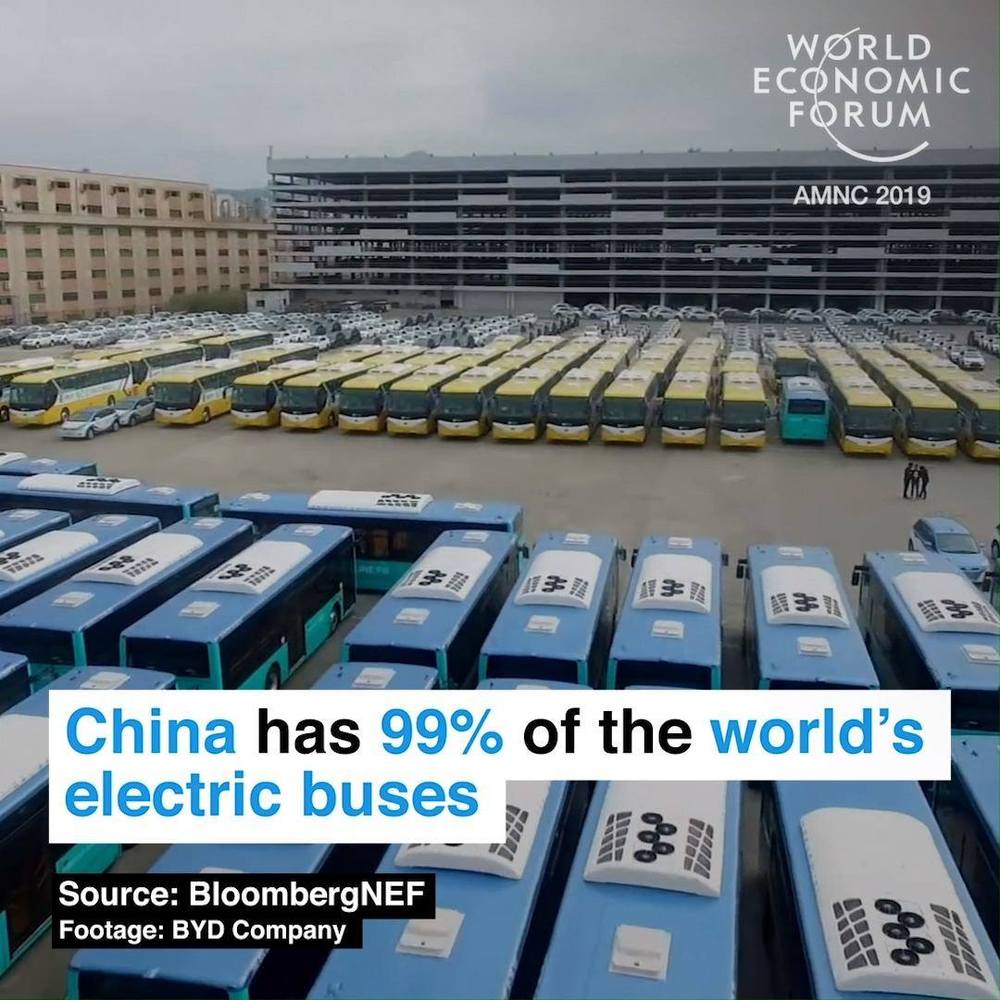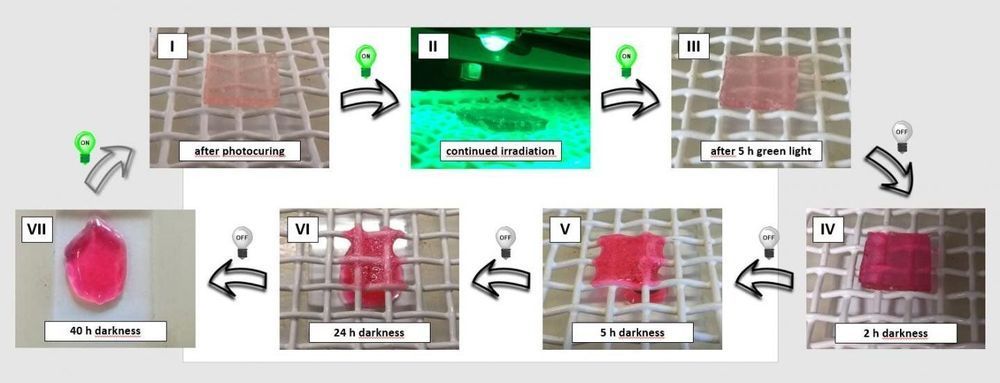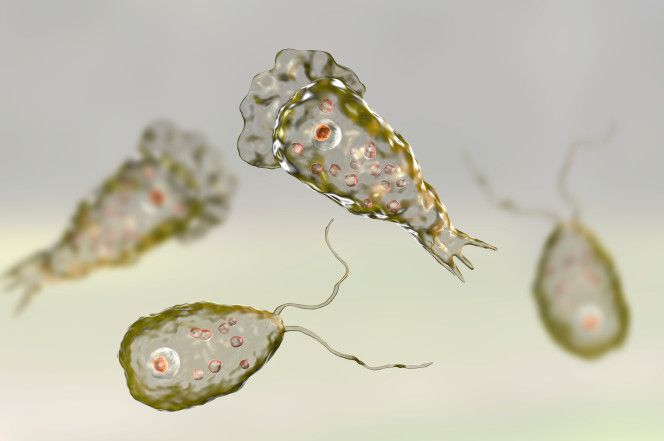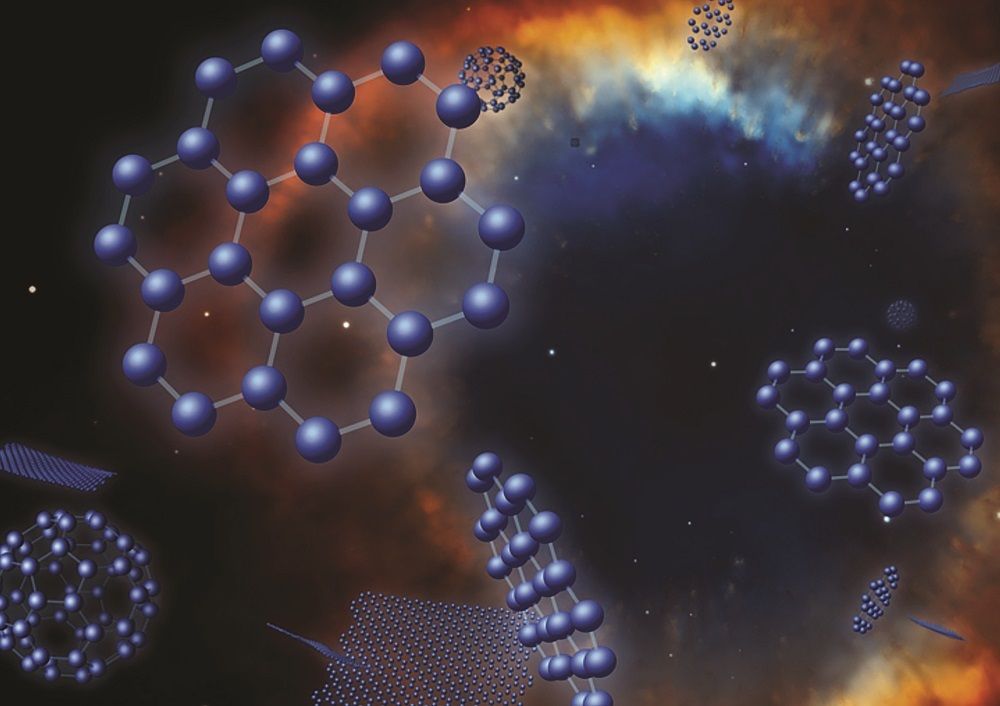Archive for the ‘sustainability’ category: Page 488
Jul 15, 2019
Green light for a new generation of dynamic materials
Posted by Quinn Sena in categories: 3D printing, sustainability
Developing synthetic materials that are as dynamic as those found in nature, with reversibly changing properties and which could be used in manufacturing, recycling and other applications, is a strong focus for scientists.
In a world-first, researchers from Queensland University of Technology (QUT), Ghent University (UGent) and Karlsruhe Institute of Technology (KIT) have pioneered a novel, dynamic, reprogrammable material—by using green LED light and, remarkably, darkness as the switches to change the material’s polymer structure, and using only two inexpensive chemical compounds. One of these compounds, naphthalene, is well known as an ingredient in moth repellents.
The new dynamic material could potentially be used as a 3D printing ink to print temporary, easy-to-remove support scaffolds. This would overcome one of the current limitations of the 3D process to print free-hanging structures.
Jul 14, 2019
Tesla Roadster’s SpaceX thruster will be hidden behind the license plate, says Elon Musk
Posted by Genevieve Klien in categories: Elon Musk, space travel, sustainability

Tesla’s new Roadster is going to come with an optional ‘SpaceX package’ that will include cold air thrusters to improve performance.
Now CEO Elon Musk says that the thruster will be hidden behind the license plate.
Jul 14, 2019
Bacteria Could Help Mass-Produce Wonder Material Graphene At Scale
Posted by Genevieve Klien in categories: particle physics, sustainability
There’s no doubting that graphene, a single layer of graphite with the atoms arranged in a honeycomb hexagonal pattern, is one of science’s most versatile new materials. Capable of doing everything from filtering the color out of whisky to creating body armor that’s stronger than diamonds, graphene exhibits some truly unique qualities. However, while some mainstream uses of graphene have emerged, its use remains limited due to the challenge of producing it at scale. The most common way to make graphene still involves using sticky tape to strip a layer of atoms off ordinary graphite.
That’s something that researchers from the University of Rochester and the Netherlands’ Delft University of Technology have been working to change. They’ve figured out a way to mass produce graphene by mixing oxidized graphite with bacteria. Their method is cost-efficient, time-efficient, and sustainable — and may just make graphene a whole lot more available in the process.
“In our research, we have used bacteria to produce graphene materials on a bulk scale, and we showed that our material is conductive, and both thinner and able to be stored longer than chemically produced graphene materials,” Anne Meyer, professor of biology at the University of Rochester, told Digital Trends. “These properties demonstrate that our bacterial graphene would be well suited for a variety of applications, such as electrical ink or lightweight biosensors. Our approach is also incredibly simple and environmentally friendly compared to chemical approaches. All we have to do is mix our bacteria with the graphene precursor material, and leave them sitting on the benchtop overnight.”
Jul 13, 2019
Giant batteries and cheap solar power are shoving fossil fuels off the grid
Posted by John Gallagher in categories: solar power, sustainability
Jul 11, 2019
Brain-eating amoeba found in Louisiana drinking water again
Posted by Richard Christophr Saragoza in categories: neuroscience, sustainability
They are found in many freshwater lakes.
A potentially deadly brain-eating amoeba has been detected in a Louisiana neighborhood’s drinking water — the third time the terrifying discovery has been made in the same parish since 2015, reports said.
Naegleria fowleri, which causes fatal brain swelling and tissue destruction, was found over the weekend in Terrebonne Parish, deep in the Louisiana bayou about an hour south of New Orleans, WWL-TV reported.
Continue reading “Brain-eating amoeba found in Louisiana drinking water again” »
Jul 11, 2019
Op-ed | Graphene goes galactic
Posted by Genevieve Klien in categories: 3D printing, habitats, solar power, space travel, sustainability
This op-ed originally appeared in the June 10, 2019 issue of SpaceNews magazine.
If humanity is to ever settle new planets, we will need radically new technologies; this much is obvious. But we may already have the perfect material to step up and fill the role: graphene. It is easily transported, easily manipulated, and an abundance of carbon in the galaxy could bode well for graphene, which is a carbon-based material. Its strength and versatility could well become a crucial component in colonization. For instance, spacecraft filled with advanced, massive 3D printers could ferry intrepid settlers to new corners of the galaxy, supplying a near-endless supply of material and equipment, perhaps even being used to construct homes that can withstand the conditions of other worlds.
Graphene’s discovery in 2004 sparked the flame of endless possibility within the science and technology communities due to its astounding properties. Only a single atomic layer thick and constructed in a lattice, honeycomb-like formation, graphene is nearly 200 times stronger than steel and better at conducting electricity and heat than any other conductor. It’s flexible, allows 97 percent of white light to pass through it (making it perfect for solar energy), and the list of properties continues.
Jul 11, 2019
Utility-Scale Energy Storage Will Enable a Renewable Grid
Posted by Brady Hartman in categories: energy, sustainability
A roadblock to sustainable energy solutions is coming unstuck.
- By Andrea Thompson on July 1, 2019
Jul 11, 2019
Massive reforestation is key to averting a climate catastrophe
Posted by Brady Hartman in categories: climatology, sustainability
The study also suggests that reforesting such a large area wouldn’t impact our capacity for growing and farming food.
Jul 11, 2019
A Chinese professor explains what air pollution does to your health
Posted by Brady Hartman in categories: health, sustainability
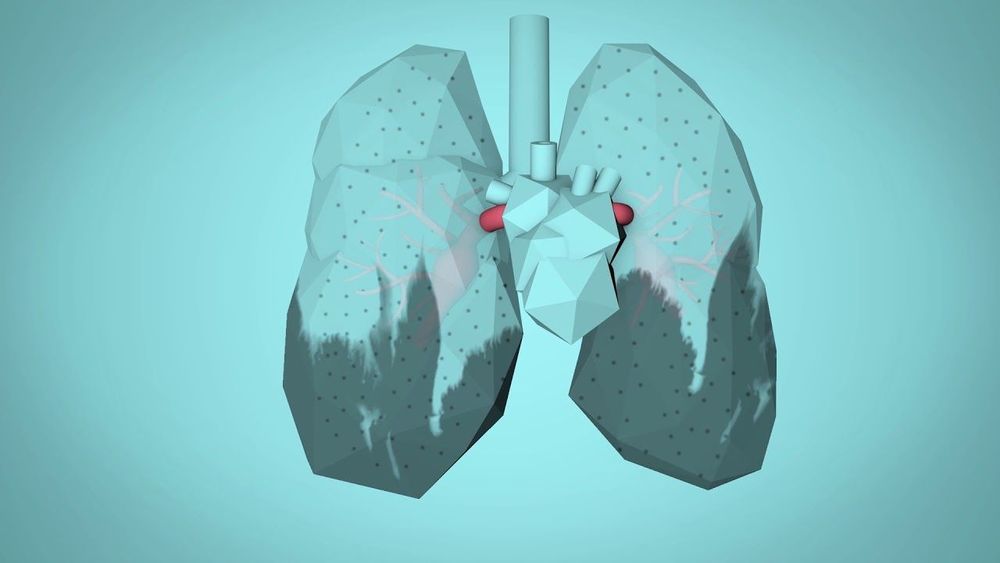
Air pollution is a severe public health risk in many places around the world. At the forefront of the issue is China, which has made remarkable progress against poor air quality in recent years.
